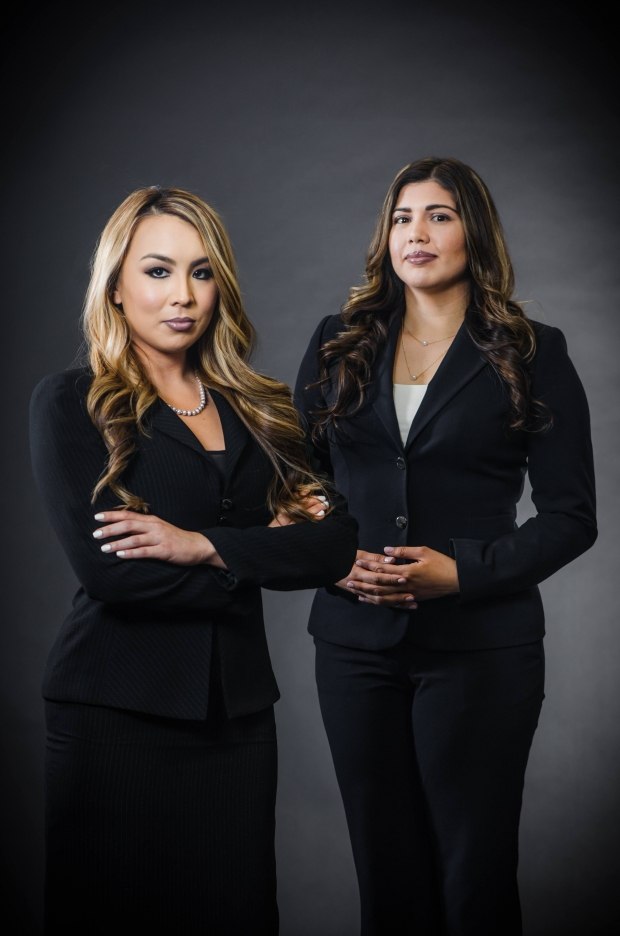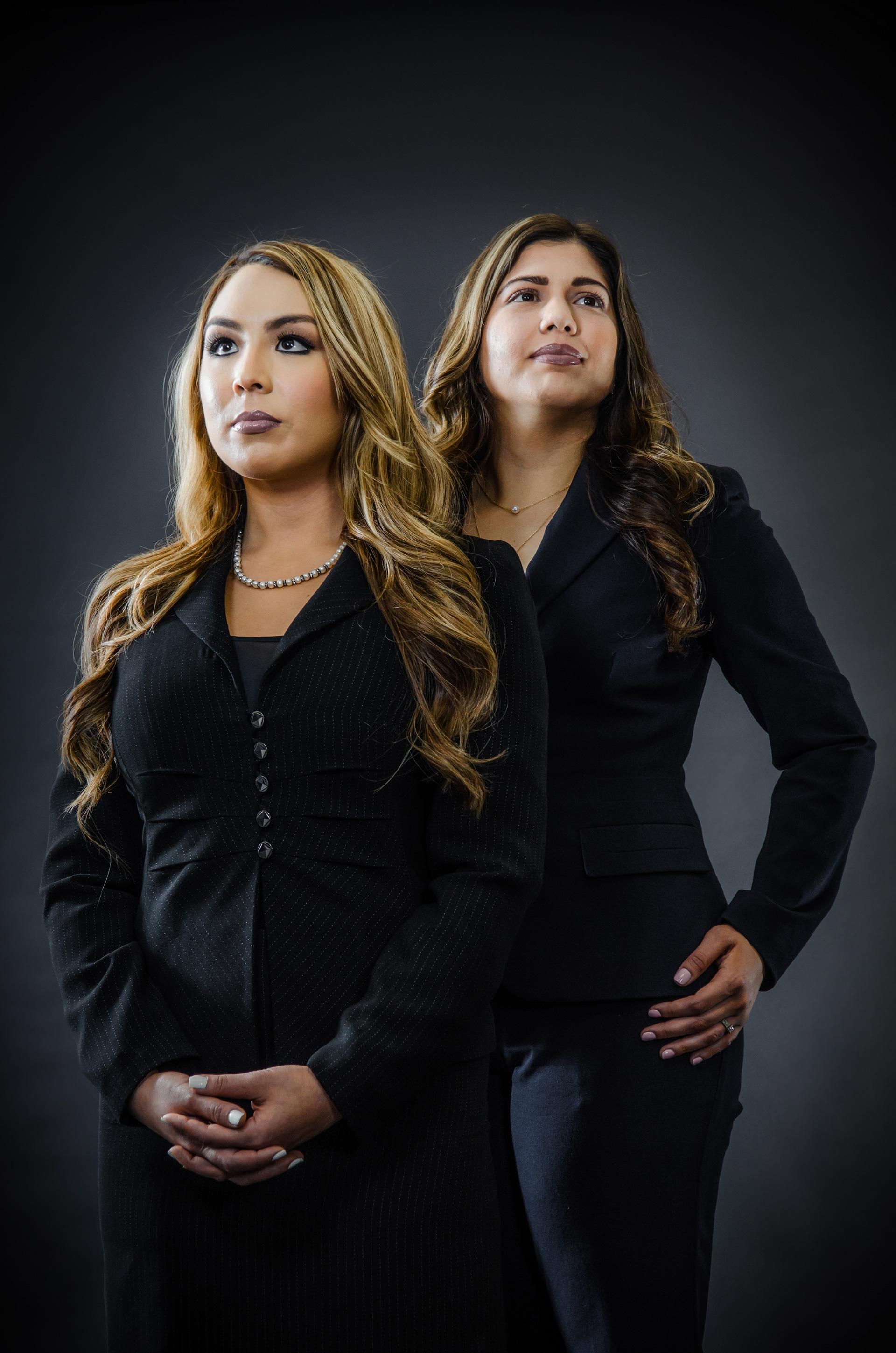
It is a place of victories – not just for the clients, but for the law students helping them.
Students at the Disability Rights Legal Center satellite office at the University of La Verne College of Law often find themselves buried in mounds of paperwork, drafting legal documents and confronting public entities. But if it helps a blind person receive proper braille instruction or prompts the hiring of a sign language interpreter for the deaf, the hard work is worth it.
The Disability Rights Legal Center is a national civil rights organization that advocates for people with disabilities to eliminate discrimination and other legal barriers.
The University of La Verne established a satellite office at the College of Law in 2007 to provide practical experience for students while exposing them to community engagement.
“You really see an evolution in the students from when they first join the clinic and don’t know about the legal process or disability issues, to students who become empowered to advocate for the rights of people with disabilities, often times remaining on a case long after they have long fulfilled their obligations within the Center,” said Elizabeth Eubanks, Inland Empire Regional Director for the center.
Low-income clients receive representation for free, a service that is badly needed given high levels of poverty in the region.
“In order to best serve the community, we concentrate on cases that will benefit large groups of people with disabilities, often through class actions, administrative action, and collaborations with other legal services organizations,” Eubanks said.
Students pursuing law degrees who work in the center gain experience in advocacy and litigation while learning the value of helping others.
“Not a lot of people go into law school and leave saying they had the opportunity to change someone’s life,” said Emeline Garcia ’15, who represented a blind girl along with current law student, Alba Melena.
The center helped change the life of a 6-year-old Riverside boy in February. Kenny Guerrero, who has a disability called club foot and uses a wheelchair, was denied entry onto an amusement park ride and was escorted off the property with his family.
After law student Erik Bressler sent a demand letter to the park, the park implemented more sensitivity training and gave Kenny almost exclusive access to the park’s rides for several hours. Bressler called the result something that impacts more than just one child.
“It is an outcome that benefits any individual living with a disability who simply wishes to build memorable family moments while at (the park),” he said.
In another case, students filed a complaint against an Inland Empire hospital on behalf of a deaf patient and the spouse of a deaf patient who were not provided sign language interpreters. The students researched, drafted documents and attended depositions.
The Department of Justice stepped in after the complaint was filed, determining the hospital was out of compliance with the Americans With Disabilities Act.
Garcia and Melena helped 16-year-old Ontario girl Zoey Colinas gain access to the California School for the Blind. It was a case that began in 2014 after the teen had come home from school numerous times with injuries from running into objects during physical education or walking between classes. Her district would not provide assistance to keep her safe.
“Zoey’s mom was very scared and tired and frustrated at how her child was being treated,” Melena said.
Even though Zoey does not have learning disabilities and is capable of performing academically like any other student, assessments showed the high school sophomore was performing numerous subjects at a third grade level. Meetings related to the case – some involving school board members and other district administrators – lasted as long as six hours.
Tensions ran high at times.
“The first time you walk into the room, they think you’re an inexperienced student and you don’t know what you’re talking about,” Garcia said.
But Melena and Garcia said focusing on Zoey helped them look past that challenge and reach the finish line.
“She is very positive and bright and deserved better,” Melena said. “That’s why we went in to advocate for her.”
Seeing and participating in positive life changes for people with disabilities is one of the most enjoyable parts of Eubanks’ job.
Witnessing the perseverance Melena and Garcia displayed in the case was even more fulfilling.
“One of the most rewarding parts is when students take ownership over a case,” Eubanks said. “That’s when their skills and confidence really bloom.”
